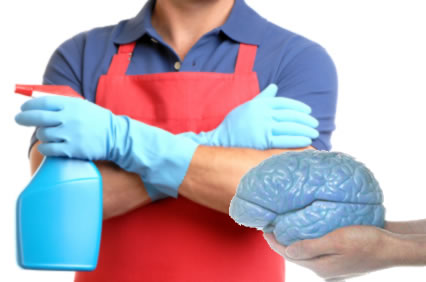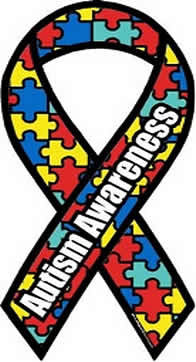
Photo montage: iStock/Tori Deux
My goal is to get better, I want to return to the same level of ability that I enjoyed prior to my stroke. Ok ok , I needed to establish this, even if it may seem to you that I am stating the obvious!
I’m finding life after stroke takes a lot of energy. Recovery takes a lot of energy. Feeling exhausted saps motivation big time.
After discharge from the inpatient rehabilitation unit my therapy was, in the main, self directed. I had to wait 10 weeks for outpatient rehab therapy to kick in, and in contrast to the daily sessions that were part of my inpatient treatment I now only receive 1 – 30 minute physiotherapy appointment and 1 -45 minutes of occupational therapy each week.
So, I am responsible to pick up the slack…. and do the work. I am the one who can control the success or failure of my treatment and treatment choices, and I am the one who stands to gain. Behaviour changes the brain, and as a survivor my belief is that my behaviour will play a part in rewiring my brain.
I really believe in “do what you love to get better”. Prior to my stroke I was in pretty good shape,so the first thing I added to my own regime (once I was able to) was walking on a treadmill.Very slowly at first, and then gradually building up the speed, incline and distance.
There is a protein called brain-derived neurotrophic factor, ( BDNF). BDNF has been called “miracle grow for the brain”.BDNF can also protect neurons and lead to neuronal growth. BDNF is produced naturally right after birth – because the brain has to massively rewire after birth. It is also produced after brain-injury, and this includes stroke. The way to pump the brain full of BDNF is with exercise. Both cardiovascular and resistance training will bathe the brain in BDNF. So along with the other benefits that exercise brings, you are helping your brain to rewire. Walking triggers neuroplastic change in the brain.
The limitations of treatment freely available to me, led me to seek additional treatment options.
Like most people I respond to encouragement and positivity , and respond well to practitioners with this approach and energy.
I also started seeing Stephanie, a private physiotherapist who practises using Clinical Pilates. Clinical Pilates is a form of physical exercise that focuses on posture, core stability, balance, control, strength, flexibility, and breathing. This was a good addition to my rehab, given left sided weakness and alignment issues following my stroke.
Part of the body’s ability to recover following damage to the brain can be explained by the damaged area of the brain getting better, but mostly it is the result of neuroplasticity – forming new neural connections. But there are a few more steps to mastery and brain rewiring than just deliberate practice: motivation, positive emotions, and visualization all play a part.
In my research to better understand neuroplasticity and the brain’s ability to modify its connections or re-wire itself, I discovered Norman Doidge’s fascinating book The Brain’s Way of Healing and after reading the chapter on Dr. Moshe Feldenkrais, I read Anat Baniels'(a student and colleague Feldenkrais)- Move into Life. Feldenkrais developed practical ways to capitalize on the brains way to change itself through movement, and Anat’s Baniels’ Neuromovement Method has evolved from his teachings.
The Anat Baniel NeuroMovement® Whole Body Fitness focuses on providing the brain with new information, and the brain uses this information to change and improve what we do. Unlike traditional approaches that utilize repetitive task to regain what is lost with stroke, the Anat Baniel Method approaches healing brain problems through the awareness of movement. No part of the body can be moved without involvement of other parts being involved. Awareness of movement is the key to improving movement, and the sensory system is intimately related to movement not separate from it.
I really felt really open to this holistic approach based on self-awareness, and I wanted to try it out so I contacted Anat Baniel, and this week I have started to integrate Neuromovement into my rehabilitation.
* I want to caution anyone reading my account, that I am no medical expert, I am writing this as a personal account of how stroke has affected me, and it’s my journey of recovery.


